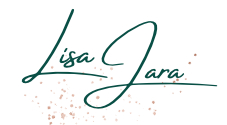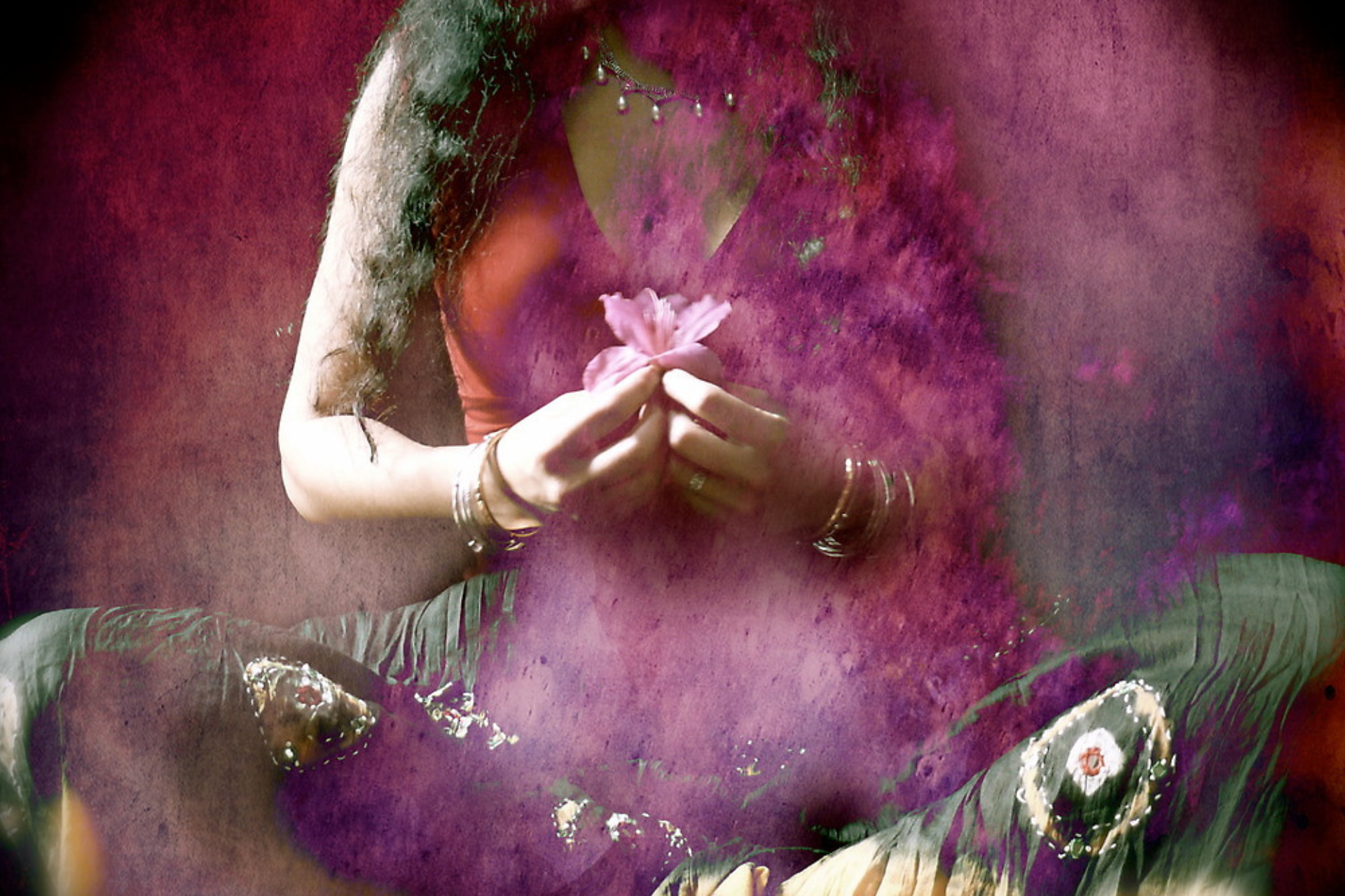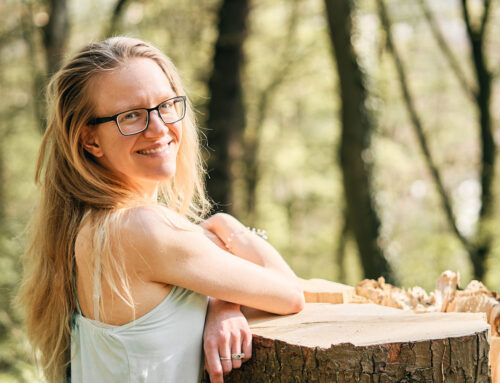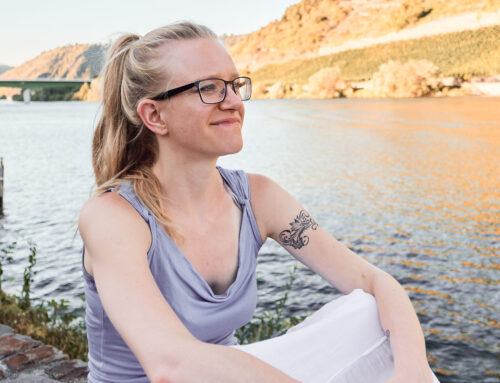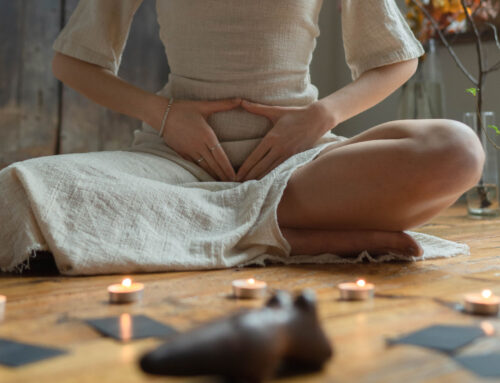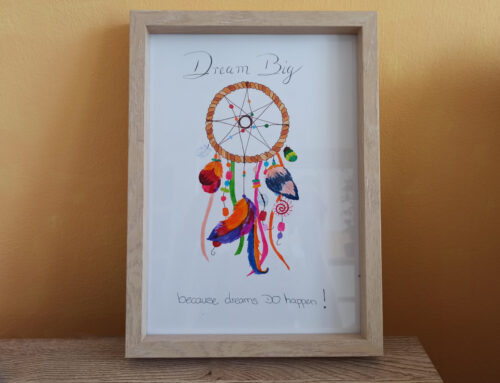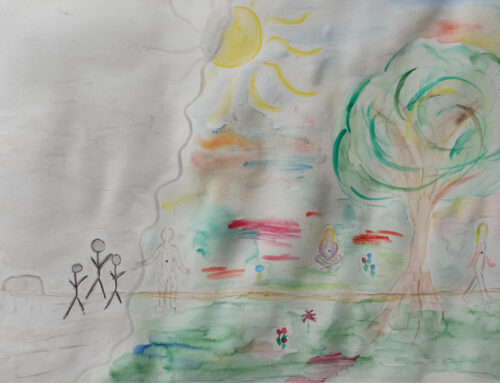When I first wrote this article, I had only recently begun pondering the terms “feminism/feminist” and didn’t quite know my standpoint in all of this.
Today, I proudly claim the word feminist as one of my labels, but I want to stress that I try to see everything I express through the lens of intersectional feminism, acknowledging that one person has multiple intersecting identities (gender, skin colour, body shape, religion, sexual orientation, culture etc.) where one or more of these may be subject to discrimination and oppression at the same time.
Feminism, to me, is not about men versus women, or even one gender versus another. Because it’s not about looking for the differences, it’s looking at what makes us human.
As the famous book by bell hooks says:
Feminism is for everybody.
(And if it’s not for every body, it’s not feminism!)

What’s in a name
To be honest, the name “spiritual feminist” just popped into my head one day while I was vacuum cleaning our apartment … I had never really considered calling myself a feminist before.
Yes, I worked for a feminist women’s rights organisation and I believed in the equality of all people, but a feminist? There was just so much stigma around this word and I didn’t want to be boxed into a certain category I didn’t consider myself to be in.
But then I thought “Well, people will box me into a category anyway and feminism does at least align with a great part of my values – I just might have to do a little awareness training on what feminism is actually about”.
So here I am, calling myself a “Spiritual Feminist”.
As a word witch (and a Scorpio) I love going to the depths of things, so let’s have a look at the common definition of “feminism”:
“Feminism is a range of social movements, political movements, and ideologies that aim to define, establish, and achieve the political, economic, personal, and social equality of the sexes.
Feminism incorporates the position that societies prioritize the male point of view, and that women [especially] are treated unfairly within those societies. Efforts to change that include fighting gender stereotypes and seeking to establish educational and professional opportunities for women that are equal to those for men.
[…] some feminists, including bell hooks, argue for the inclusion of men’s liberation within its aims, because they believe that men are also harmed by traditional gender roles. Numerous feminist movements and ideologies have developed over the years and represent different viewpoints and aims.”
< Wikipedia >
The first thing I need to point is that there is no such thing as THE feminism.
Rather, feminism is a generic term that describes a collective of societal, political, social and academic movements. Looking at the lowest common denominator, feminism is about equality – equality between the sexes, or, in a broader sense, equality for all people on this planet, regardless of their sex or gender or orientation.
It is NOT about hating men in general, wanting to put them down and have women rule the world. Depending on the focus of the different feminist movements, they specifically point out that men suffer under the current political and social structures just as much as women.
Now this is settled, let’s have a look at the other term, namely spirituality:
“The term was used within early Christianity to refer to a life oriented toward the Holy Spirit and broadened during the Late Middle Ages to include mental aspects of life. […]
Modern usages tend to refer to a subjective experience of a sacred dimension and the “deepest values and meanings by which people live”, often in a context separate from organized religious institutions, such as a belief in a supernatural realm (beyond the known and observable), personal growth, a quest for an ultimate or sacred meaning, religious experience, or an encounter with one’s own “inner dimension”. […]
Secular spirituality emphasizes humanistic ideas on moral character (qualities such as love, compassion, patience, tolerance, forgiveness, contentment, responsibility, harmony, and a concern for others).
< Wikipedia >
Again, spirituality can mean different things to different people, but trying to find the lowest common denominator proves much harder than it was for feminism.
Suffice it to say that spirituality is a deeply personal and subjective experience to get in touch with oneself.
What being a Spiritual Feminist means to me
For me, spirituality means being deeply connected to myself, to the present moment, and through it to everybody and everything else in this universe. And I see my spiritual path as one of remembering that connection, and learning how to establish it every day in every part of my life (and I neither say this is easy nor that I manage it all the time ;-) ).
I want to follow a spirituality that is rooted in my everyday life.
It’s not something I practice only on the yoga mat or on my meditation cushion or during a ritual and then leave it be until the next session. But those are the times and places where I start cultivating this deep connection and then try to bring it into my everyday life.
My spirituality is an attitude that I adopt and try to embody on a daily basis. And I admit that it doesn’t always work that way and there are evenings where I realise that I lost the connection the moment I stepped off the mat and had to rush under the shower to get ready and catch my train to work on time.
But it’s a continuous process of reminding myself over and over again of how I want to live my life, which values I choose to align with and reconnecting with myself and my mission.
And this (my) perception of spirituality is incorporated in my understanding of feminism. The kind of feminism I advocate in my life and in my work is basically about appreciating and promoting the feminine or “Yin” qualities and the feminine or “Yin” energy in this world that lives in each and every one of us, regardless of our sex, gender, age, skin colour, preferences or any other characteristic.
Because I can feel that we are all connected, all one, that we all have the same essence in us, we are all made of – so to speak – „stardust”!
And we are, quite literally: We are all made up of the same particles that constitute the stars/suns, the planets, the plants, the rocks, the animals, just put together/assembled in different shapes and forms!
For me, it is about supporting everyone’s right to be her-/him-/their self and to express what is within them.
I believe in equality – the equal quality of all – and in equal rights. I don’t believe we’re all the same, because we come in all sorts of different shapes and sizes and colours, but we all have the same worth.
And I want the feminine attributes (like softness, surrender, expressing emotions) in men, women and non-binary people to have their rightful place in this world, to be accepted as being of equal importance as the masculine attributes (like structure, focus, action) in all of us.
I don’t want one to “rule” over the other (as I don’t want women/female-identifying people, men/male-identifying people or non-binary people rule over one or all of the other).
I want them to be equally acknowledged and respected and appreciated, with times where one is more prominent/called for than the other, because its qualities are needed in that moment. Sometimes we need action (masculine), at other times it’s important and necessary to just rest (feminine) – an eternal dance between both qualities, interlocking, creating the flow of life.
When we learn how to integrate these two polarities, we will be able to (co-)create new structures that allow for a world where each one of us is revered for her, his or their unique contribution to the whole.
We cannot solve our problems with the same mindset
we used when we created them.
< A. Einstein >
What I criticise in our current society is the strongly patriarchal system and thinking where feminine qualities are subordinate. A system strongly oriented towards masculine qualities focusing on competition, on “faster, higher, further”, on duties, control and dominance, on continuing linear growth and improvement without respecting a need for rest and appreciation of achievements made.
A system that has us deny one side of us and create separation within – so I think the acceptance of all our qualities and characteristics should be the goal, even if they are sometimes uncomfortable or hard to accept in ourselves.
[And just to be clear: I don’t want to exclude myself here! I am part of this society, too, and have unquestioningly adopted a certain mind set and behaviours.
I, too, am constantly looking for ways to improve myself or my surroundings, often forgetting to pay attention to the beauty of the moment and rejoicing in it. I, too, often don’t allow myself to rest, because I think that „being productive“ is desirable and a break equals laziness and regress. I too, try to hide and push away my sensitive and vulnerable side, to not show them in front of other people in order to avoid being a target for criticism. And this is why I, too, contribute to keeping this system alive in myself and others.
At the same time, I’m also on journey of recognising these structures and patterns within myself and transmuting them to develop and sustain a new, more beneficial and healing mind set and behaviours, so I will not feel cut off from myself anymore.]
The reason I see the Feminine (again, expressed through women, men and non-binary folks) as the healing force at this time in our history, is because we have been out of balance with it for so long.
The feminine qualities have been very much disregarded and devalued, but it is necessary to integrate them in order to FEEL WHOLE again, to feel connected – we are not broken or incomplete, but we feel like it. We separated certain parts of ourselves, disregarded and devalued them (instead of showing compassion for them), because we made the experience that they were not welcome or well received. Or maybe we have simply forgotten those parts, because other traits were more important for our survival or our journey at the time.
And it’s time to identify those parts, to look at them and learn to accept and integrate them in order to feel complete and whole again. Or to simply remember them and emphasise or strengthen them a bit more in our lives.
Because I firmly believe that we carry all answers within us already. We don’t have to look outside of us, wait for them to find us or for other people to tell or save us.
I believe that everything anybody needs to live a fulfilled and happy life is to be found within them – and we should start trusting our inner authority more and dare to embrace the idea that only we ourselves can only ever be(come) the expert on ourselves.
And by clearly identifying our own guidance system, taking care of our own needs and trusting others to be capable of doing it for themselves, maybe we can change the world.
Because I can feel that we are all interconnected and if a change occurs in someone or something within this system, its influence will ripple out and eventually affect the whole, the collective.
Be the change that you wish to see in this world.
< Mahatma Gandhi >
